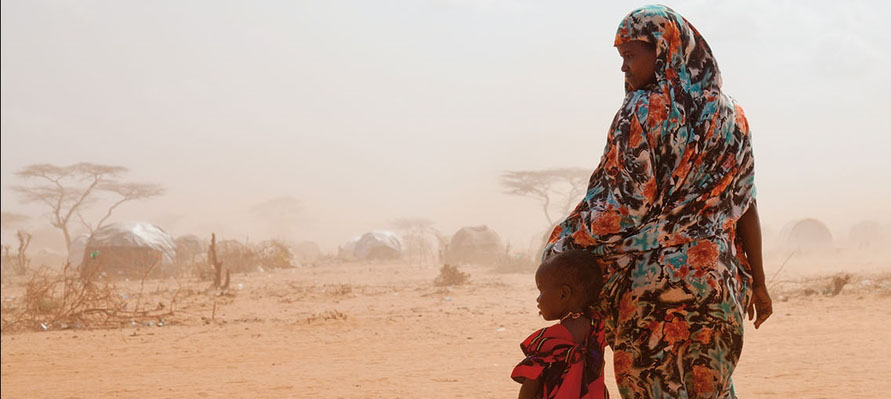
It is their predicament that is extraordinary, and this makes their travails the more gripping. The people in the book - among others, a former child soldier, a youth leader, a drug addict - have flaws and virtues but are mostly striking for their ordinariness. We see Dadaab through an accumulation of vivid impressions - passed bottles of Fanta, couples bickering over money, bags of donated sorghum that no one knows how to cook, a pornographic picture of a white woman on a Muslim husband’s phone. He keeps his lens narrow, basing his account almost entirely on observed detail and intimate discussions with residents. That he succeeds is tribute to his commitment to reporting from the ground up. Besides explaining the camp, Rawlence must pierce intellectual complacency toward what might seem wearily familiar fare. It chooses the most difficult of subjects - a refugee camp already notorious for being the world’s largest and singled out for periodic saturation media coverage and celebrity visits by the likes of Angelina Jolie.


Not only does “City of Thorns” represent hard, lonely work in a desolate place. This is a tough assignment on many counts.


 0 kommentar(er)
0 kommentar(er)
